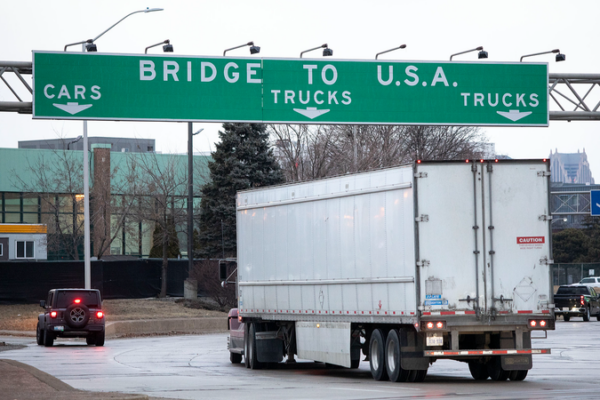
U.S. House Votes to Repeal Trump’s Canada Tariffs Amid GOP Divisions
U.S. House challenges Trump’s Canada tariffs in bipartisan vote, testing GOP unity on trade policy as Senate review looms.
News & Insights Across Asia

U.S. House challenges Trump’s Canada tariffs in bipartisan vote, testing GOP unity on trade policy as Senate review looms.
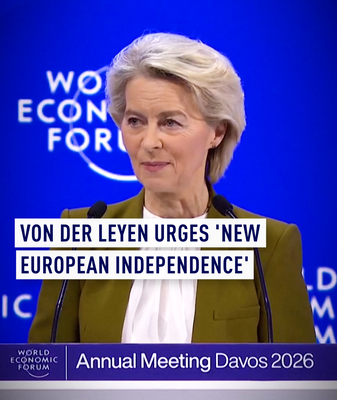
EU Commission President Ursula von der Leyen warns of “unflinching” response to Trump’s Greenland stance and tariff threats, emphasizing unity at Davos 2026.
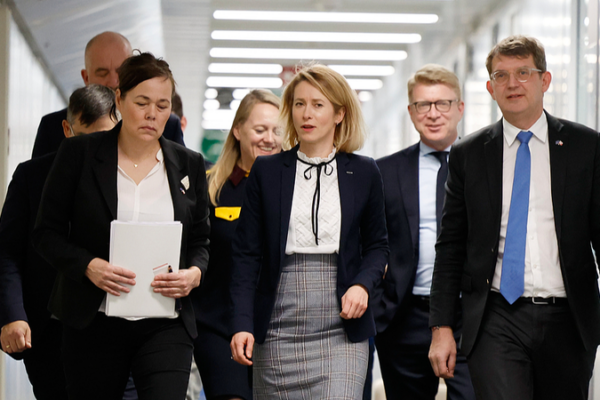
Escalating U.S. efforts to acquire Greenland prompt EU backlash, with tariffs and sovereignty at the center of transatlantic tensions in 2026.
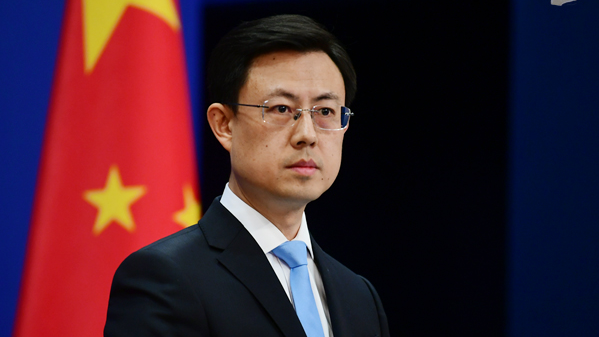
China urges U.S. to cease using ‘China threat’ claims over Greenland tensions, as Washington announces tariff measures targeting eight European nations.
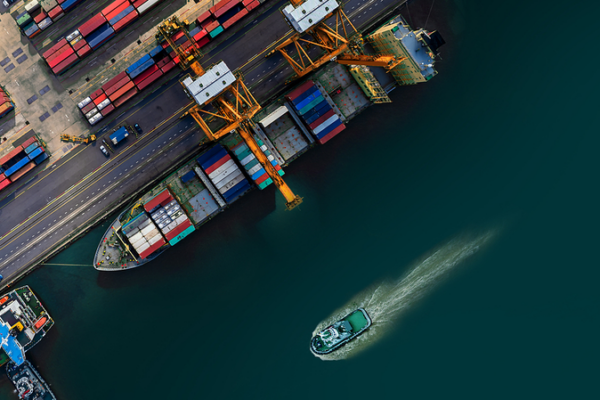
From Nvidia’s $5T valuation to US-China trade tensions, 2025 reshaped the global economy. Explore key events that defined the year.

China’s decreasing reliance on U.S. trade may lessen the impact of new 10% tariffs on Chinese exports, according to the Council on Foreign Relations.

A 30-day pause on tariffs between the U.S., Canada, and Mexico opens the door for negotiations to resolve trade disputes and enhance border security.
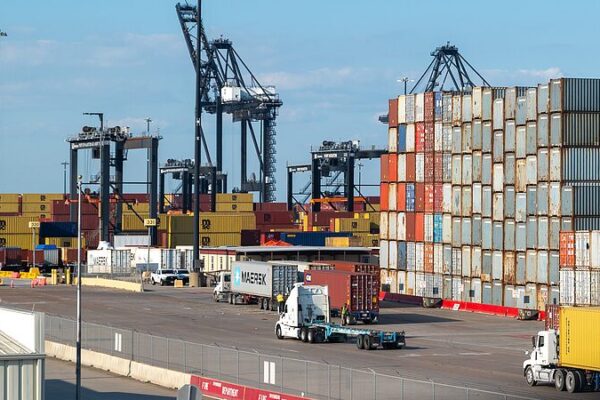
China’s Ministry of Public Security strongly opposes the U.S. decision to impose additional tariffs on Chinese imports over fentanyl issues, urging cooperation instead of blame.

President Donald Trump’s second term has begun with decisive actions on domestic policies and signals of a complex foreign policy approach, particularly towards the Chinese mainland.
Canadian Foreign Affairs Minister Melanie Joly announces that Canada is considering all options, including potential countermeasures, in response to U.S. President-elect Donald Trump’s tariff threat.
With Donald Trump’s return as U.S. President, his renewed interest in acquiring Greenland has sparked concern in Denmark, especially amid threats of force and trade tariffs that could impact the Danish economy.
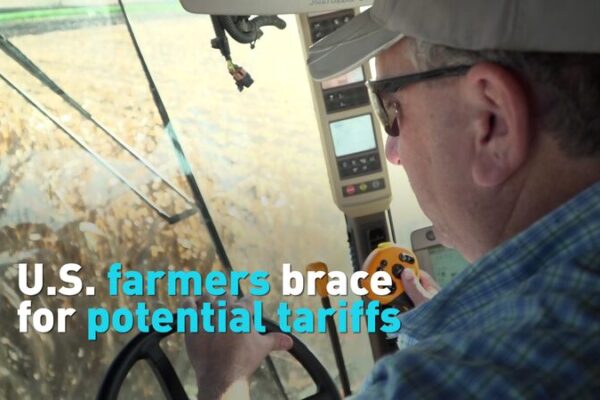
U.S. farmers are preparing for potential tariffs in 2025 that could impact agricultural exports amidst ongoing global trade uncertainties.

Steve Hoffman, CEO of Founders Space, warns that incoming U.S. President Donald Trump’s plan to levy tariffs on imported goods would be “a big mistake,” harming both the U.S. and global economies.
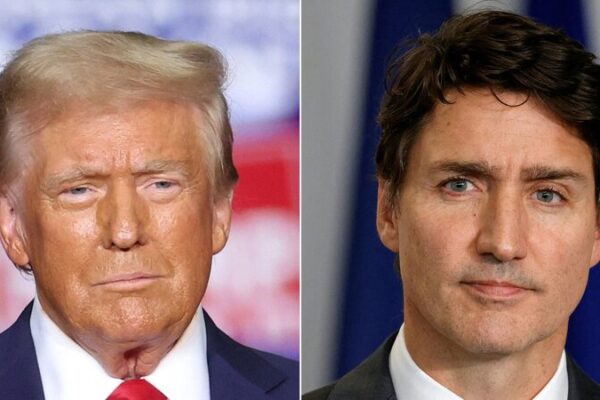
U.S. President-elect Donald Trump and Canadian Prime Minister Justin Trudeau held a ‘very productive’ meeting discussing trade, border security, and energy, following Trump’s pledge to impose tariffs on Canadian imports.

President-elect Donald Trump announces plans to impose a 25% tariff on all imports from Mexico and Canada, aiming to pressure both countries on drug trafficking and illegal immigration.
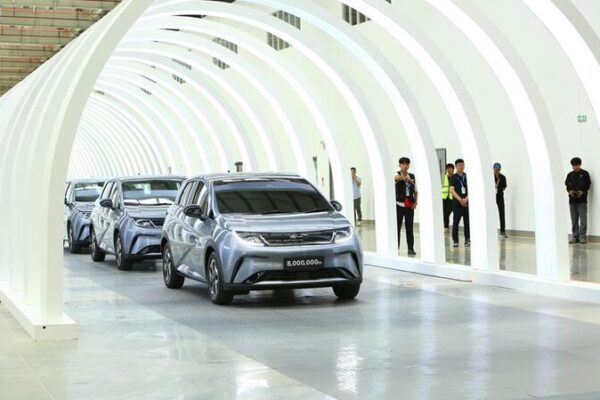
The EU’s decision to impose tariffs on electric vehicles from the Chinese mainland could disrupt global supply chains and harm Europe’s own EV industry, potentially triggering an economic cold war.
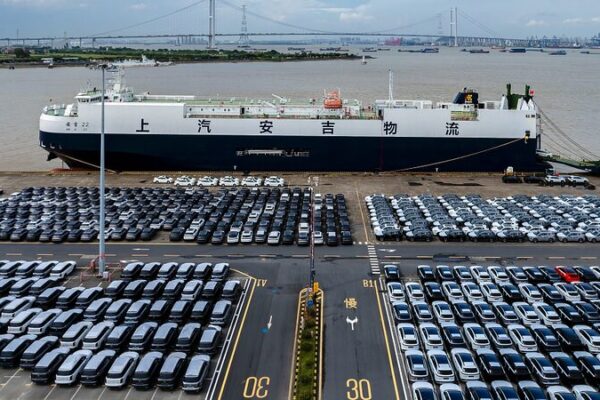
The EU’s decision to impose high tariffs on Chinese-made electric vehicles marks a significant moment in EU-China relations and exposes internal divisions over trade and energy policy.

China’s booming electric vehicle industry faces hefty tariffs from the US and EU, sparking debate over trade and environmental priorities amid the global climate crisis.

The U.S. has increased tariffs on Chinese technology imports, sparking debates over the implications for global trade and innovation. China remains open to competition, leaving many to question who truly stands to lose.

Canada announces steep tariffs on Chinese electric vehicles and metals, citing unfair market advantages, escalating trade tensions between the two nations.